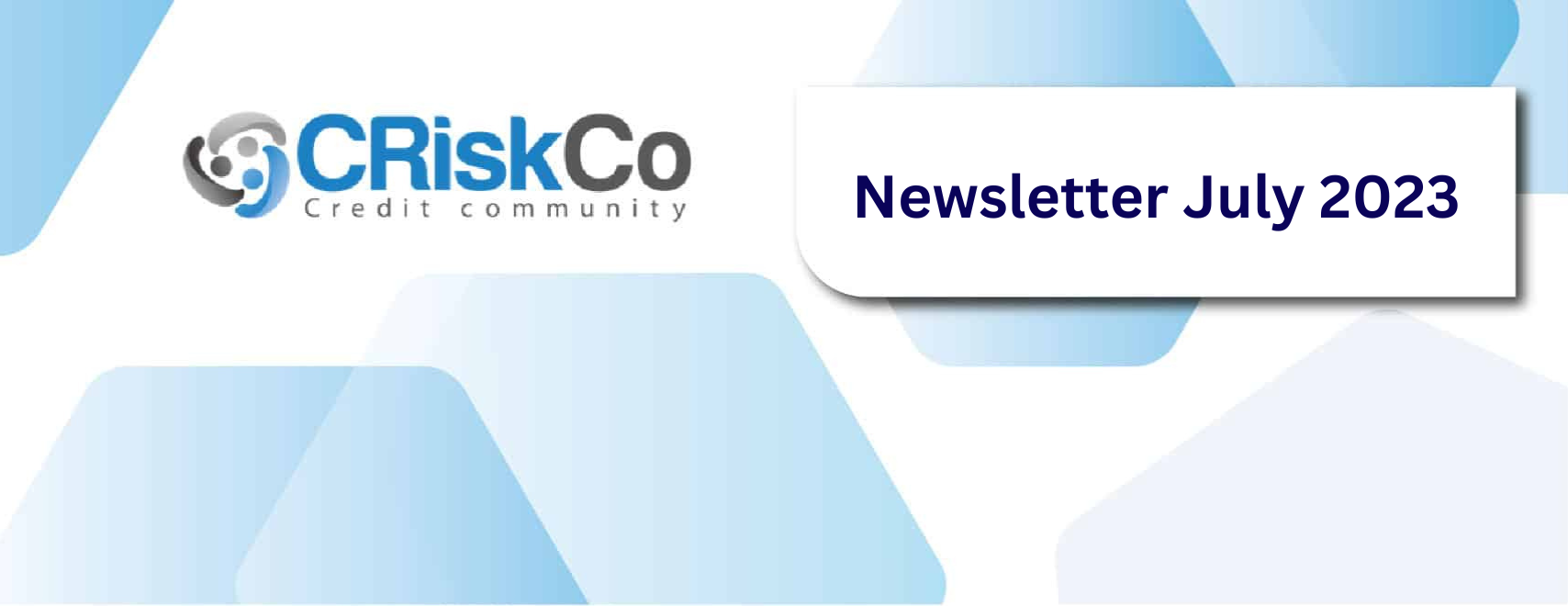- Blog
- Dec 27
Why Have Creditors Become Debt Collectors?
It’s every creditor’s struggle. Lending becomes debt collecting. The standard principle of the U.S. economy holds that those who provide credit, goods and services to others, are expected to be repaid. However, creditors are increasingly relying on third-party debt collection agencies to recover funds on delinquent accounts. The motivation to repay, whether it be from an individual consumer or a business consumer, is dwindling.
According to the ACA International, agencies recovered approximately $55.2 billion in total debt, on which they earned close to $10.4 billion in commissions and fees in 2013. California was one of the five states with the largest total debt collected for that year.
Creditors and their debt collectors are plagued with a bad stigma. Many individual and business consumers find themselves trying to avoid even the initial phone calls of debt collectors to evade the abuse and harassment that may have once occurred in the past. Since then, the Federal Trade Commission has enacted specific laws and guidelines for regulating creditors and their third party debt collection agencies to follow.
As stated in the Fair Debt Collection Practices Act, “There is abundant evidence of the use of abusive, deceptive, and unfair debt collection practices by many debt collectors…”. The purpose of the policy is to protect consumers from abusive debt collection practices.

The Do’s and Don’ts for Creditors
Do take steps to reduce the amount of delinquent accounts in your inventory so you can lessen debt collection efforts. Approve credit-worthy customers and prevent credit losses using a quick credit approval tool that provides business-to-business creditors with predictive and comprehensive credit analysis.
Don’t assume your third party debt collectors are always following FDCPA policies. Ensure they are collecting debts on your behalf in accordance with the current regulations and suggest an annual training procedure to keep up-to-date with policy. Violations of FDCPA policies can result in restitution for victims.
Do make attempts to improve customer-vendor relationships. Take complaints seriously and enact a consistent process to address and handle them appropriately. Positive customer service will push a trusting relationship with you.
Don’t negate the risk. Always stay on top of your accounts receivables. Use an easy integrative monitoring application that utilizes real-time insights and connects with your accounting system to accurately rate and target a customer that may run into a high risk zone within the market. CriskCo Monitor can help mitigate customer credit in real-time without delay.
Sources used: FTC- Fair Debt Collections Practices Act, ACA International- The Impact of Third-Party Debt Collection on the National and State Economies, July 2014, CriskCo.com
Related Posts

Discover the Power of CRiskCo! Platform Tips and More ?
Newsletter July 2023 Quick Tips from Our Platform: the Onboarding button Did you know? Our platform offers a valuable time-saving feature—the Onboarding Button, conveniently located in the dashboard! This handy tool provides immediate access to…
- Jul 23

Mexico Should Take Bold Steps to Attract Foreign Investment
By Erez Saf, CEO & Founder CRiskCo As an investor in Mexico, I firmly believe that the country has an incredible opportunity to unleash its full potential by actively encouraging foreign investment in the SaaS…
- Jul 16
Recent Posts
Subscribe
Join our newsletter and stay up to date!